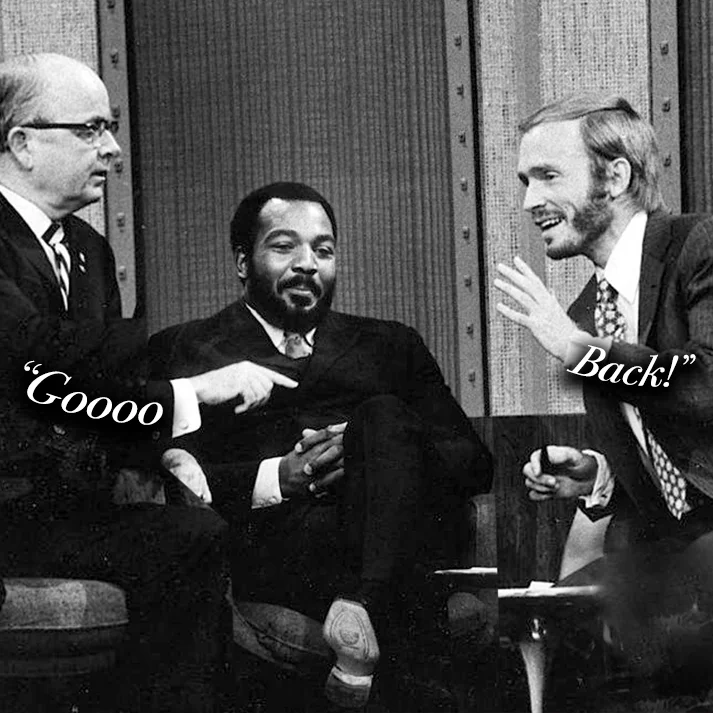Arts & Tech
Bell Schedules
CATCH Class Impacter
Instructional Calendar
Our Core
Powerschool Link
Schoolwide Learner Outcomes
Student Support Services
The CATCH Plan
The CATCH Way
Transcript/Diploma Request
Weekly CATCH Assemblies
Clubs & Volunteering
CATCH YMCA














